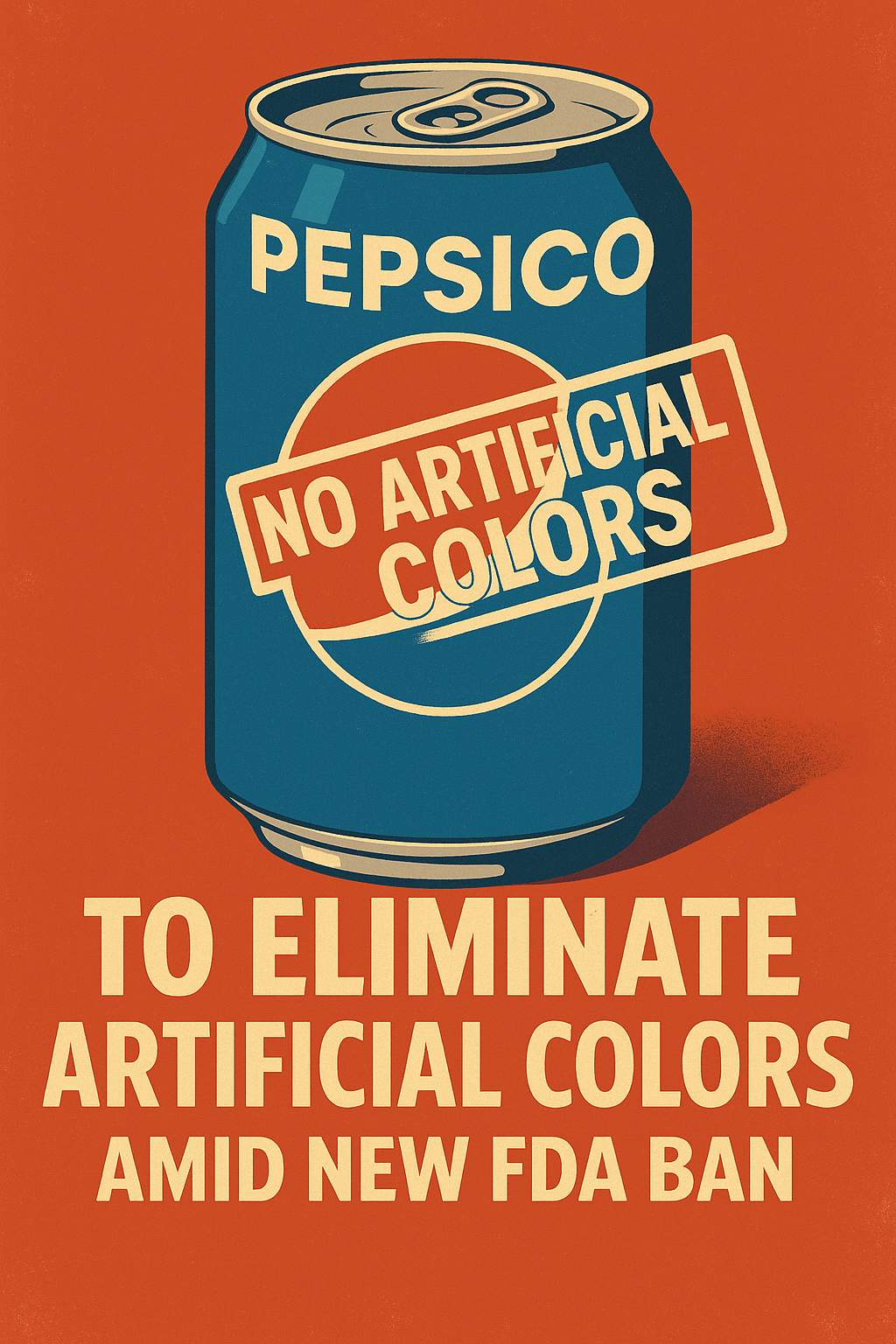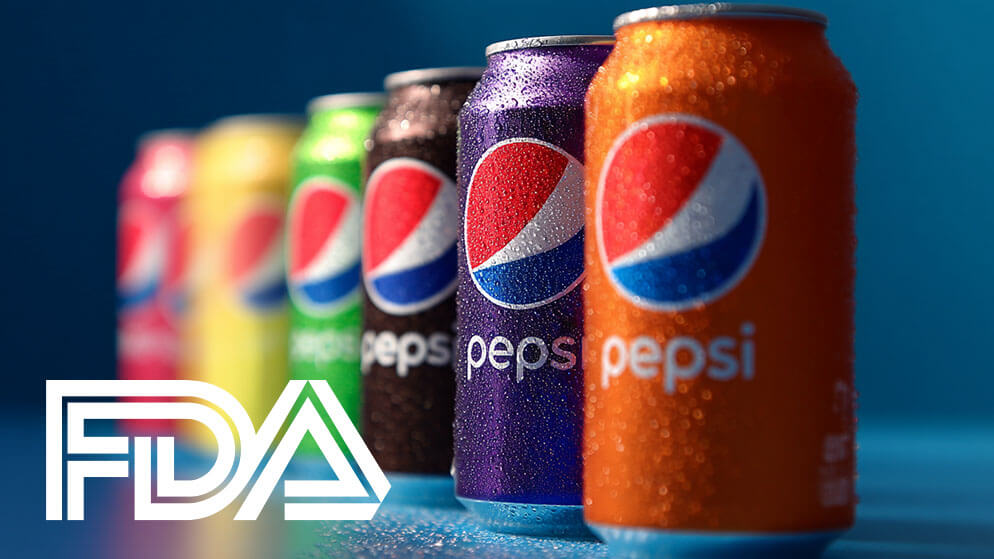
PepsiCo, one of the world's leading food and beverage companies, has announced an accelerated initiative to reformulate its products by removing artificial colors. This decision comes in response to a recent health policy change by the Trump administration that targets synthetic dyes. Ramon Laguarta, PepsiCo's Chairman and CEO, shared details of the transition during an analyst call on April 24, regarding the company's first-quarter results for fiscal 2025.
Laguarta revealed that over 60% of PepsiCo's current US food portfolio is already free of artificial colors. He emphasized the company's commitment to completing this transition by the end of 2025, spotlighting popular brands like Lay’s and Tostitos that will soon follow suit. This proactive move aligns with consumer demands for more natural ingredients and mirrors similar actions taken in Europe and the U.K., where synthetic dyes are either banned or heavily restricted.
The push to eliminate these dyes follows the Trump administration's announcement last week by Health and Human Services Secretary Robert F. Kennedy Jr. and FDA Commissioner Marty Makary. They introduced a comprehensive plan to phase out six petroleum-based synthetic dyes by 2026, including Red 40, Yellow 5, Yellow 6, Blue 1, Blue 2, and Green 3. These chemicals, prevalent in an array of products from soda to cough syrups, have been linked to various health issues, such as ADHD, obesity, diabetes, cancer, genomic disruption, gastrointestinal problems, and allergic reactions.
Commissioner Makary criticized the over-dependence on medications in the United States and emphasized the importance of addressing root causes of health problems. "The best way to lower drug prices is to stop taking drugs we don't need," Makary stated, stressing the need to move away from a "toxic soup of synthetic chemicals."
Despite years of defending their product safety, PepsiCo acknowledges the shifting consumer expectations. "We obviously stand by the science. Our products are very safe, and there's nothing to worry about," Laguarta commented. However, he admitted the growing consumer preference for natural ingredients and PepsiCo's willingness to accommodate this trend.
The company's commitment to leading the industry in this transformation was underscored by Laguarta's promise to provide customers with natural color options. "Every consumer will have the opportunity to choose what they prefer. So that's the journey we’re undergoing," he concluded.
The FDA's decisive action marks a significant shift in American food safety standards, posing new challenges and opportunities for food industry giants like PepsiCo.

